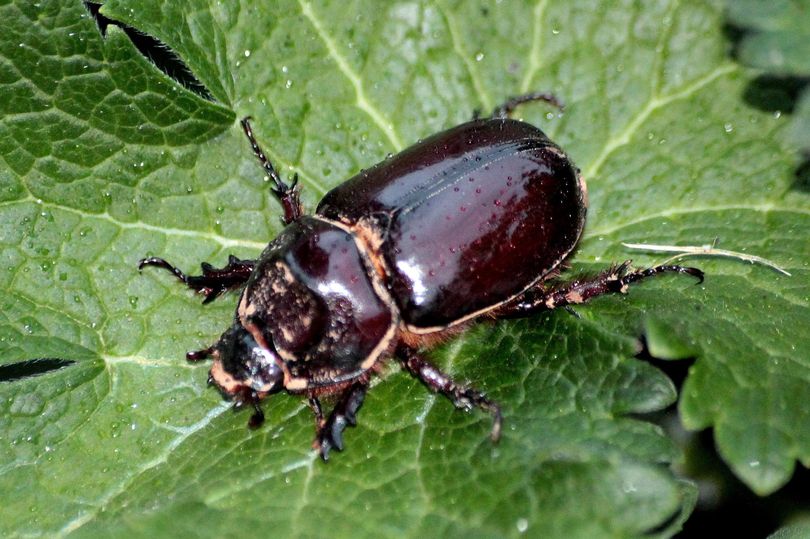Rare beetle discovered in UK garden

Gardener and amateur moth hunter Angie Hill got something of a surprise earlier this week when stumbled across a giant beetle. The creature, later identified as a European rhinoceros beetle had been caught as part of a moth counting exercise taking place in Worcestershire.
What makes Angie’s discovery so interesting is that this is thought to be the first time that such a beetle has been discovered in the UK. Measuring up to 6cm in length the European rhinoceros beetle is one of the largest species, but is usually found in the Mediterranean and North African regions, quite some way from the West of England. Despite its somewhat fearsome appearance, the beetle is completely harmless.
The appearance of the beetle suggests that there may actually be a small colony of the creatures living in nearby gardens or woods. The European rhinoceros beetle feeds on rotting wood leading some experts to suggest that they may have been imported accidentally in a bag of wood chips used by local gardeners.
Although the species prefers the warmer weather of Southern Europe, they could survive and thrive in the woods of Worcestershire if the UK has another run of relatively warm summers as in recent years. Beetle experts will be keeping a close eye on local gardens and woods to see if other insects begin to make the migration from across the Channel to make their homes here in the UK.
In the meantime, Angie’s bug has had its portrait taken before being released back into her garden.







